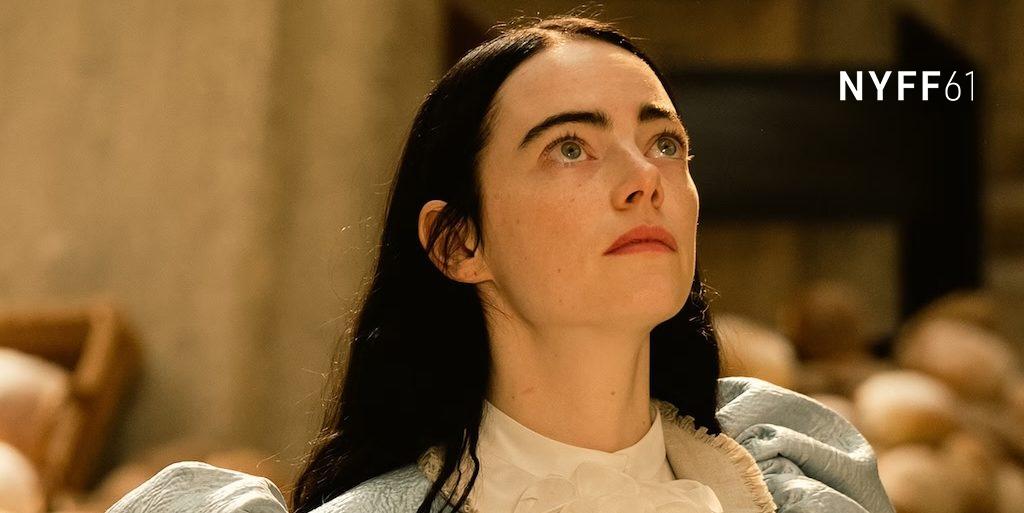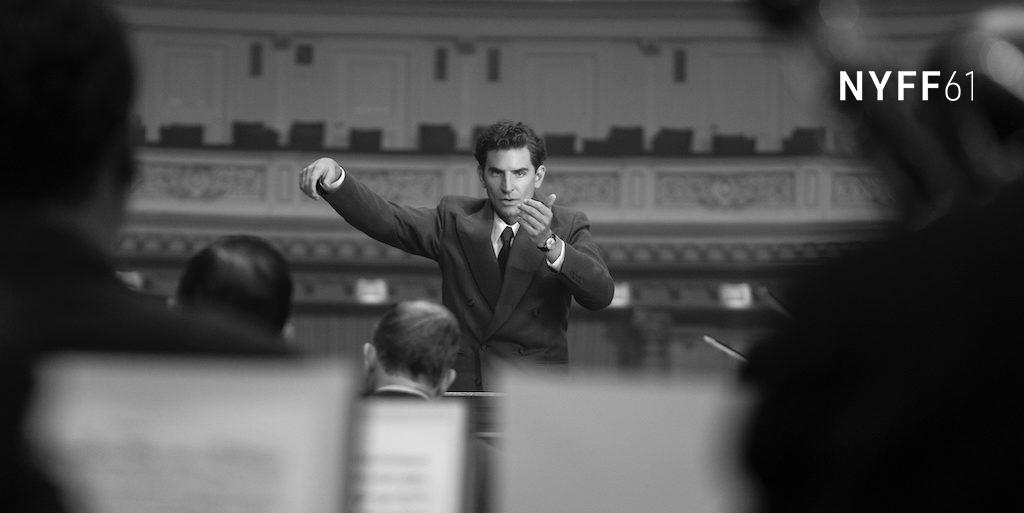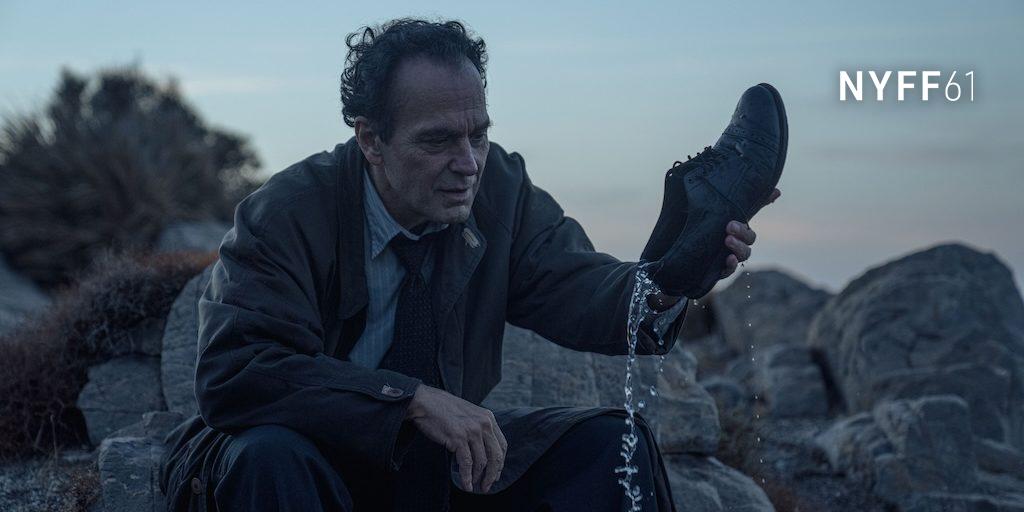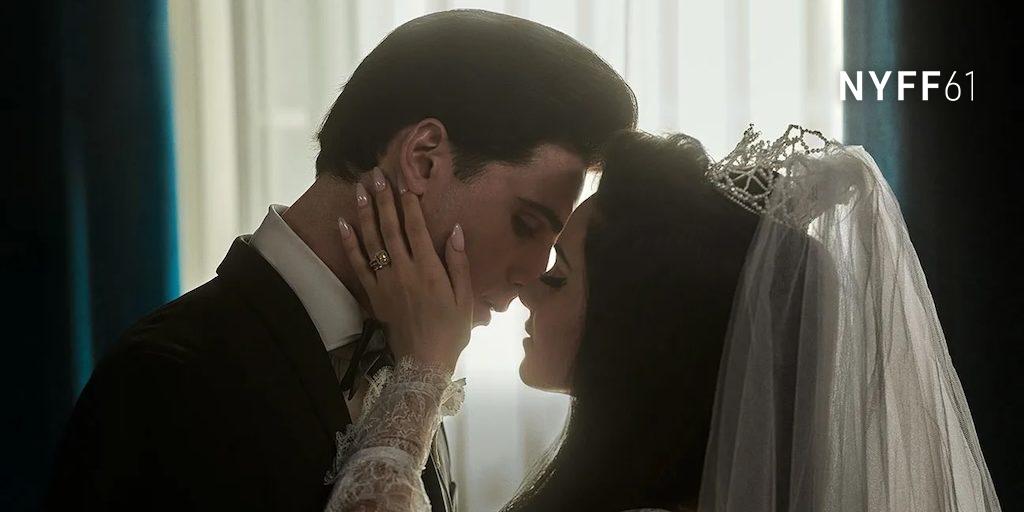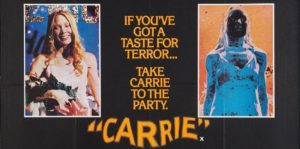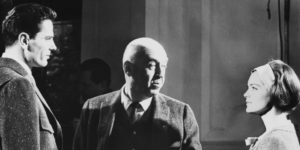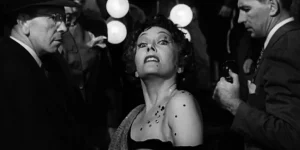Poor Things is a film within what we would define in art theory as a “baroque” aesthetic, essentially inclined towards the “rococo”. If the Baroque was at the service of the absolutist power, the Rococo is at the subsidy of aristocracy and the bourgeoisie. The artist works with more liberties, his evolution is directed towards the expression of a taste that is more contemporary, independent and hedonistic. It is presented as an art at the service of comfortability, luxury and partying.
The Rococo stands out because of its profuse waviness and regarding the social aspect, starts a change in the role of women, turning her into an organizer of gatherings to speak about religion, literature, politics, brain teasers or dances. The characters are portrayed with a lot of elegance, based on artificiality, reflecting a kind image of a transforming society.
Poor Things, adaptation of the novel by Alasdair Gray and directed by Yorgos Lanthimos, was conceived within that world between Baroque and Rococo, narrating about the birth and development of a female homogeneity that reclaims the right of being an eccentric personality and outside of the laws established by the conventions of society.
At times, Poor Things is reminiscent of films that represent an anachronistic period of slavery that charges on acceptance and to be admitted by every component of a servile society, among them Yorgos Lanthimos’ Dogtooth, Stanley Kubrick’s A Clockwork Orange, Fellini’s And the Ship Sails On, Karel Zeman’s Invention for Destruction (based on a novel by Jules Verne), M. Night Shyamalan’s The Village, among others.
Poor Things is established on the point of view of Bella Baxter, who lives inside an ideal palace, surrounded by comedians, where only seem to exist parties and affairs with actors that have shed their monstrous skin to encounter with their timeless essence.
Bella Baxter, magnificently portrayed by Emma Stone, is the flipside of the scene, well-constructed under the composure of a deformed make-up, later transformed into a polished face, forever stopped in her beauty.
Bella Baxter, a female recreation of Frankenstein (portrayed by a William Dafoe full of scars like Mary Shelley’s original), lives in a rarefied space establishing a double role as a doll that is not made of body parts, but of an unique organism which has been inserted the brain of an unborn baby. Bella in this moment is the Dadaist expression of illogic and difficult comprehension, given that it was based in a series of words or sounds without any sense. And taken from an attitude of mockery and humor against a society who no longer knows the role it plays.
On the other hand, her costumes lend themselves to a surrealist style. The surrealism proposes to transfer those images into the art world through a free mental association, without the censoring interruption of conscience. For this reason, her costumes and those of other characters are exuberating and designed upon unconscious models rather than rational thoughts.
Poor Things tells the birth and development of a female harmony that claims back the right of being an eccentric human. The different phases of her sentimental education are marked by different men that lead her to immerse herself into underworlds parallel to her own reality. As in the case of experimenting the perversity of prostitution in Paris and feeling the satisfaction of a voyeur that unleashes his sexual desires through a lascivious and deformed look.
This hybrid ensemble of styles allows the film to penetrate in swampy terrain and retrieve on every inch characters such as the ones portrayed by Mark Ruffalo and Rami Youssef, transformed into sheep thanks to the sorcerer’s apprentice that is Bella.
Poor Things unmasks Yorgos Lanthimos’ orientation for close-ups and medium shots and is open to occasional wide shots of wide spaces so the audience has some room to breathe, while at the same time introduces them into an extravagant aesthetic which blends his Hellenic culture with every experimental movement of the 20th century, passing by a fleeting expressionism almost at the end of the film.
Yorgos Lanthimos is a caustic, sardonic director, whose moral for this film is that we live in a changing world and that despite our best defenses for “things to come”, we will always be subjected to be marionettes of a supposed higher being that will makes us dance to his tune.
![]()
Director: Yorgos Lanthimos. Writer: Tony McNamara. Cast: Emma Stone, Willem Dafoe, Mark Ruffalo, Rami Youssef. Producers: Ed Guiney, Yorgos Lanthimos, Andrew Lowe, Emma Stone. Runtime: 141 minutes.

